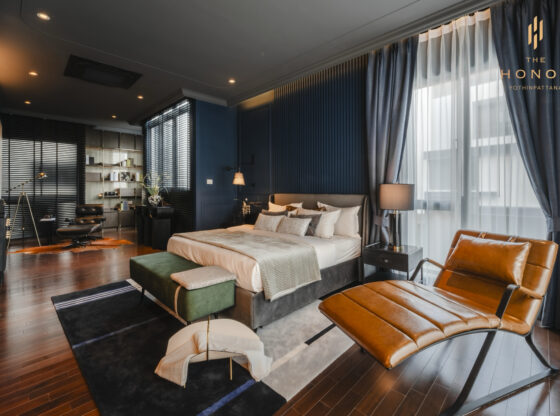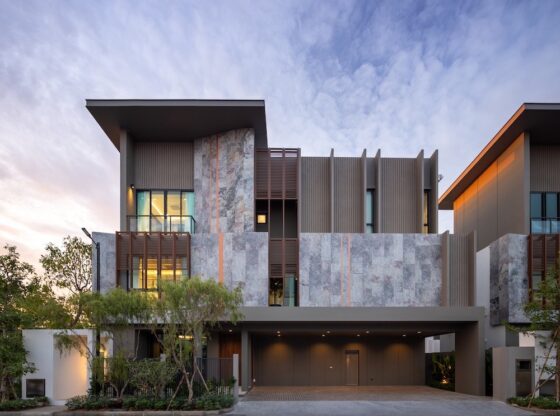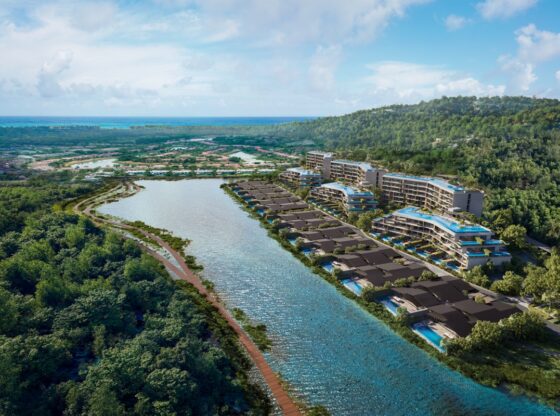![]()
Fortunately, selling your house in Thailand should be a far less complex affair than in your homeland.
But is this a good thing for the buyer?
New seller disclosure statements, roof, electrical and structural inspections, escrow and environmental surveys can all complicate and slow the closing process in the west, yet they do ultimately protect the buyer and force sellers to properly prepare their property for sale and transfer.
In countries such as Thailand, it is really up to each individual buyer (and/or their trusty real estate agent) to ask the right questions and know what to look for (and what to watch out for).
1. Location, Location, Location
Yes, I know my credibility just went down a notch for stating the most clichéd of real estate adages, but I’m astounded daily as to why some people buy where they buy.
I understand that financial limitations may steer certain buyers into ‘non-prime’ areas, but many mid to high-end buyers are settling into poorly located, overpriced and under-built estates.
Unless you have a unique selling feature to your more rural property such as proximity to international schools, beaches, golfing or motorway access, when it comes to reselling, chances are you’ll have your work cut out for you. Your best bet is to stay close to easy access roads, taxi routes and modern conveniences. Once you’re out of food delivery areas, you’d better have a good reason to be out there.
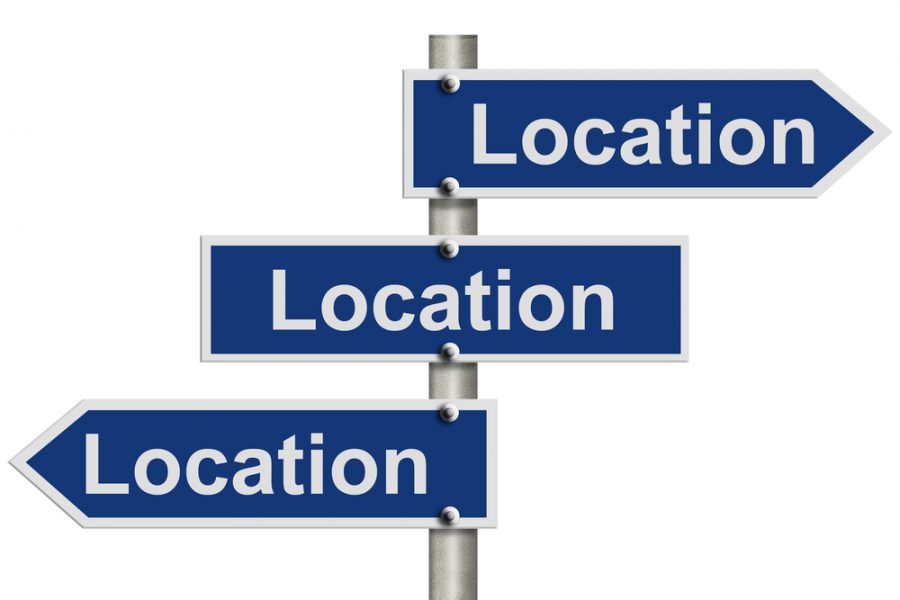
2. Know Your Developer
If you’re buying a new house, make sure you do a bit of fact-finding about the developer.
Probably the most important question would be – What projects were they involved with before and how well are those projects maintained today?
There are many developers in the area who will gladly sell you and your neighbours homes, make all kinds of promises about security and common area maintenance, then once the sales and builds are complete, kindly bugger off to their next project without giving you, or their empty promises, a second thought.
Take a drive through their previous projects and check out the maintenance, security, condition of the homes and the occupancy. If possible, also try to find out what sort of appreciation the houses have seen since being built.
Ask lots of questions about the quality of the build – what sort of walls, bricks, windows or insulation are they using?
How is the house wired?
Is there proper drainage?
Also check out the quality of the bathroom/kitchen hardware.
If you’re buying a resale in an existing housing estate, it gets a bit easier. It’s very simple to ascertain whether you’re standing in a successful project or not. Wide roads, well-maintained gardens and landscaping, somewhat lucid security guards and a pretty high occupancy rate are typically good signs. But again, ask lots of questions about the building specs, management, resale and letting prices.
3. Use an Agent
I’m an agent – of course I’m going to tell you to use an agent!
But seriously, chances are you’re not going to save any money by not using an agent. 99% of the time, the seller is paying the agent’s commission, so it’s not going to cost you anything extra. I know there are some buyers out there who think that they’ll be able to get a discount from the selling price if there are no agent’s fees to be paid, but most sellers know how important it is to stay on good terms with area agents and will not offer discounts for buyers with no representation.
Beyond this, a good local real estate agent will be able to offer you invaluable advice on area developments and prices, as well as provide legal contracts, title searches and transfer of property at the land department. If you choose not to use an agent, you’ll need a lawyer to take care of this for you and will probably cost you a minimum of 20,000 THB.
…and one of the most important reasons to use an agent – well established agencies have huge databases of properties and will save you from running around trying to find them on your own.
4. Be Realistic
Most well-established agencies in town will boast databases of anywhere from 1,000 to over 3,000 properties, so it’s important to have an idea of what you’re looking for before you decide it’s time to go out and view properties.
A quick breeze through any local paper or magazine will give you a good idea of what sort of prices you can expect for what you’re looking for. Or if you’re not quite sure what’s best for you, visit a local agency and speak with a professional.
Another point to keep in mind when buying in Thailand, is that it is quite difficult to get financing if you’re a foreigner. So, chances are you’re only going to have a maximum of 60 days to get all the money together for your purchase…so don’t over-extend yourself.
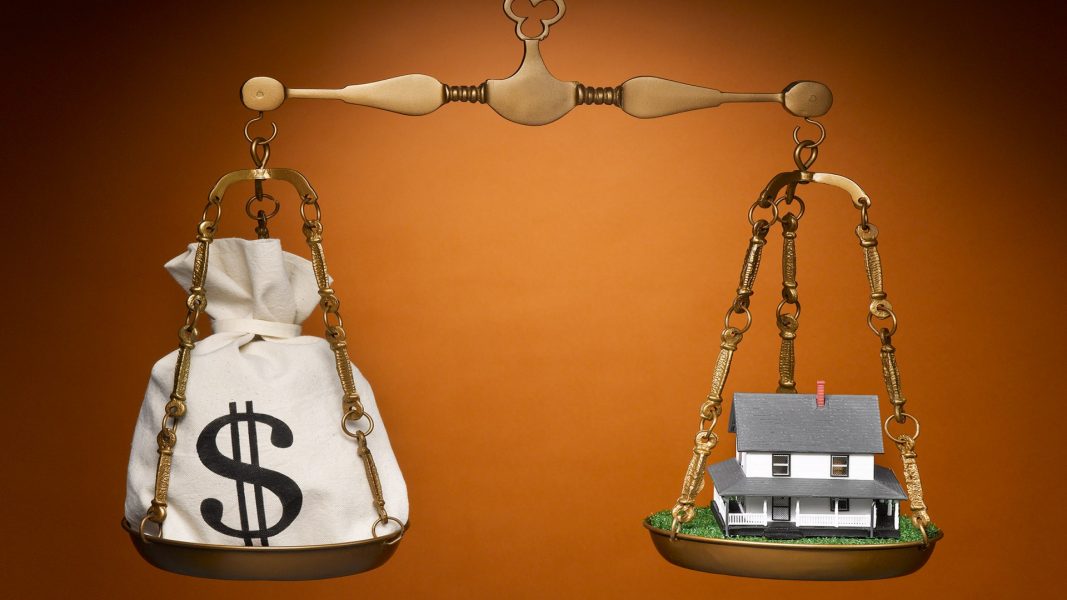
5. Do a Solid Once-Over
Upon first glance, most houses, particularly new ones, can appear to be well-built and well-maintained. Do yourself a huge favour and take a closer look…
Check all of the ceilings, particularly on the top floor, for signs of moisture or patchwork where there may have been repairs before. Many houses in Thailand lack insulation and moisture barriers in the roofing, so if roof tiles have shifted or broken, there’s a good chance moisture could find its way in and rest on your gypsum ceilings. To be honest, in most cases, this is a very inexpensive problem, but better it be taken care of before you move in than after.
Most European built homes in Thailand have pretty good electrical systems, but check out the fusebox area and see if there’s a ‘safety cut’ system. The electrical current isn’t exactly steady in Thailand and many a foreigner’s home computer has blown due to electrical surges. A ‘safety cut’ system will steady the current coming into your home and prevent any unwanted surges.
By Stu Sutton
Stu Sutton is managing director of Jomtien Property and has worked exclusively in the Pattaya/Jomtien real estate market for 16 years.
Please feel free to contact him with any queries, compliments or good jokes at
086 108 6575, [email protected]
or visit Jomtien Property’s website at www.jomtien-property.com




